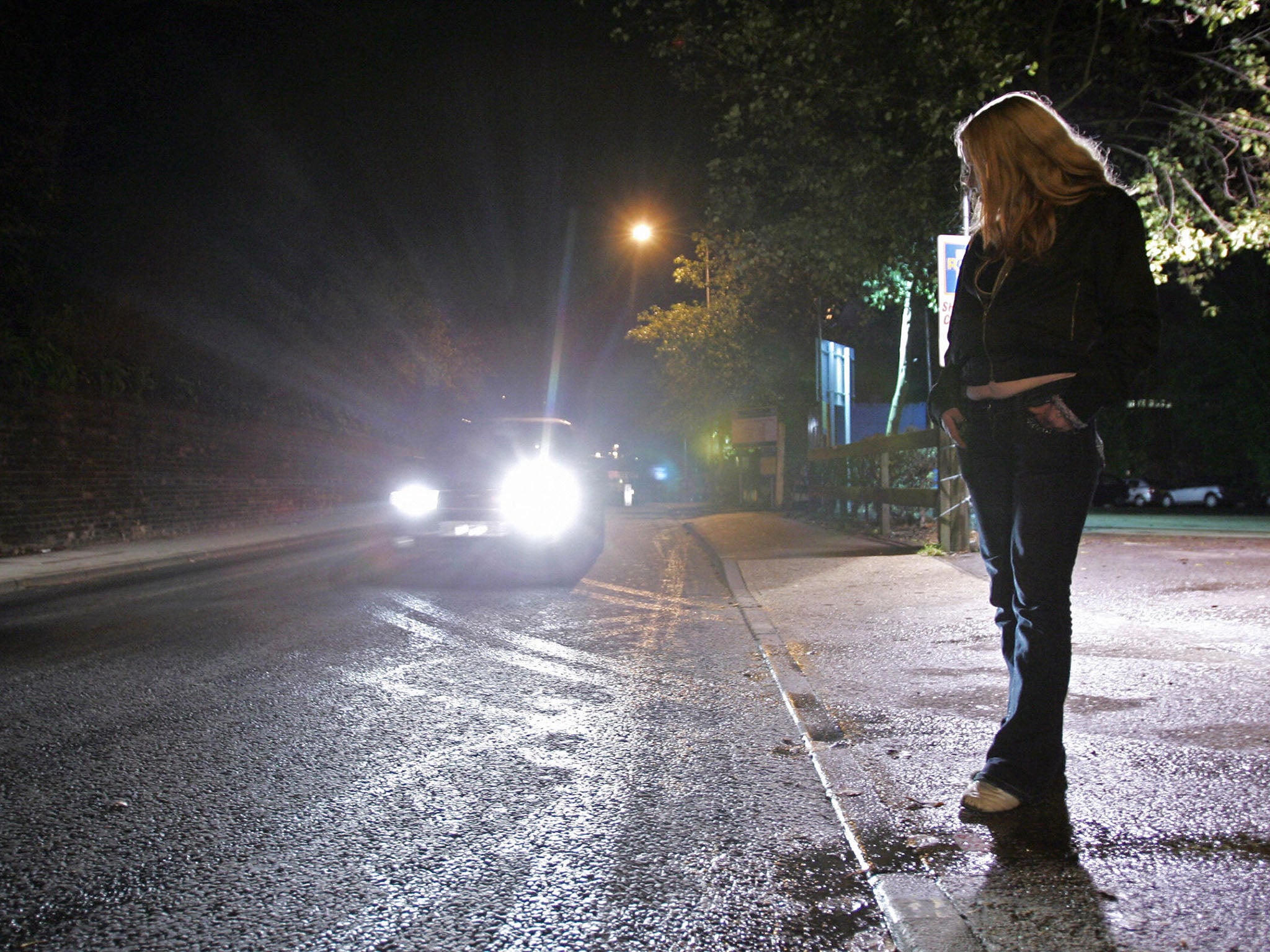TUC leaders reject call to decriminalise prostitution
Unions oppose 'New-Zealand style' legal protection for sex workers after fears it could legitimise exploitation

Your support helps us to tell the story
From reproductive rights to climate change to Big Tech, The Independent is on the ground when the story is developing. Whether it's investigating the financials of Elon Musk's pro-Trump PAC or producing our latest documentary, 'The A Word', which shines a light on the American women fighting for reproductive rights, we know how important it is to parse out the facts from the messaging.
At such a critical moment in US history, we need reporters on the ground. Your donation allows us to keep sending journalists to speak to both sides of the story.
The Independent is trusted by Americans across the entire political spectrum. And unlike many other quality news outlets, we choose not to lock Americans out of our reporting and analysis with paywalls. We believe quality journalism should be available to everyone, paid for by those who can afford it.
Your support makes all the difference.Calls to decriminalise sex work have been rejected by trade unions amid concern over exploitation of vulnerable women and girls.
The train drivers’ union Aslef put forward a motion to the TUC conference in Brighton calling for a ‘New Zealand-style’ approach, where prostitutes are offered full legal protections to prevent unsafe working practices that leave them open to crime and violence.
The idea was opposed by a number of unions, who warned the move could benefit exploitative pimps and brothel owners rather than sex workers themselves.
Simon Weller, Assistant General Secretary of Aslef, told the conference: “Decriminalisation would increase safety and provide a legal recognition of sex workers as workers, enhance health, free up the police time because then the focus is not on the sex workers themselves, and end the criminal records that the sex workers end up with which provides a bar to them leaving that trade.”
On-street prostitution has increased by 60 per cent since 2010, which has been linked to an increase in benefit sanctions, he said.
Sue Ferns, representing the TUC General Council, which opposes the move, said the decriminalisation would further the exploitation of sex workers, the majority of whom were women and girls.
She said: “While it is certainly true that women are driven into prostitution out of desperation, drug addiction and economic necessity, it doesn’t follow that we should campaign for the decriminalisation of pimps and brothel owners who benefit from women’s poverty.”
Ms Ferns questioned calls for sex workers to have the same rights as other workers due to the nature of the job.
She said: "What other jobs are there where extreme violence, sexually transmitted diseases, unwanted pregnancies and rape as common workplace hazards?"
A report by the Home Affairs Select Committee called for an end to the criminalisation of sex workers, suggesting the laws should change around soliciting and brothel-keeping, which would allow sex workers to share premises.
Former Labour deputy
Former deputy Labour leader Harriet Harman intervened ahead of the debate, saying the move would “legitimise the exploitation” of sex workers.
Delegates voted overwhelmingly against the call on the final day of the TUC’s annual conference.
Join our commenting forum
Join thought-provoking conversations, follow other Independent readers and see their replies
Comments